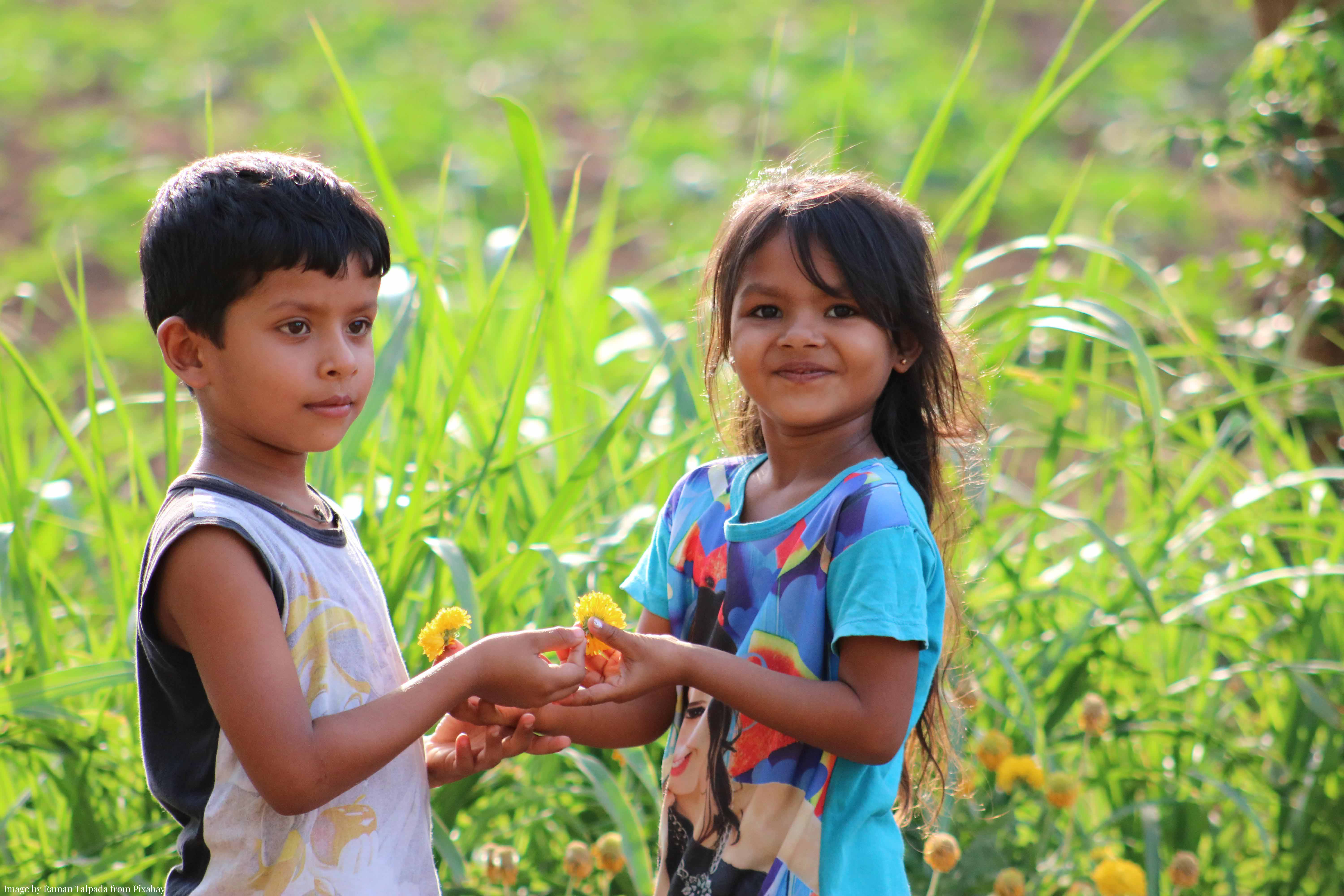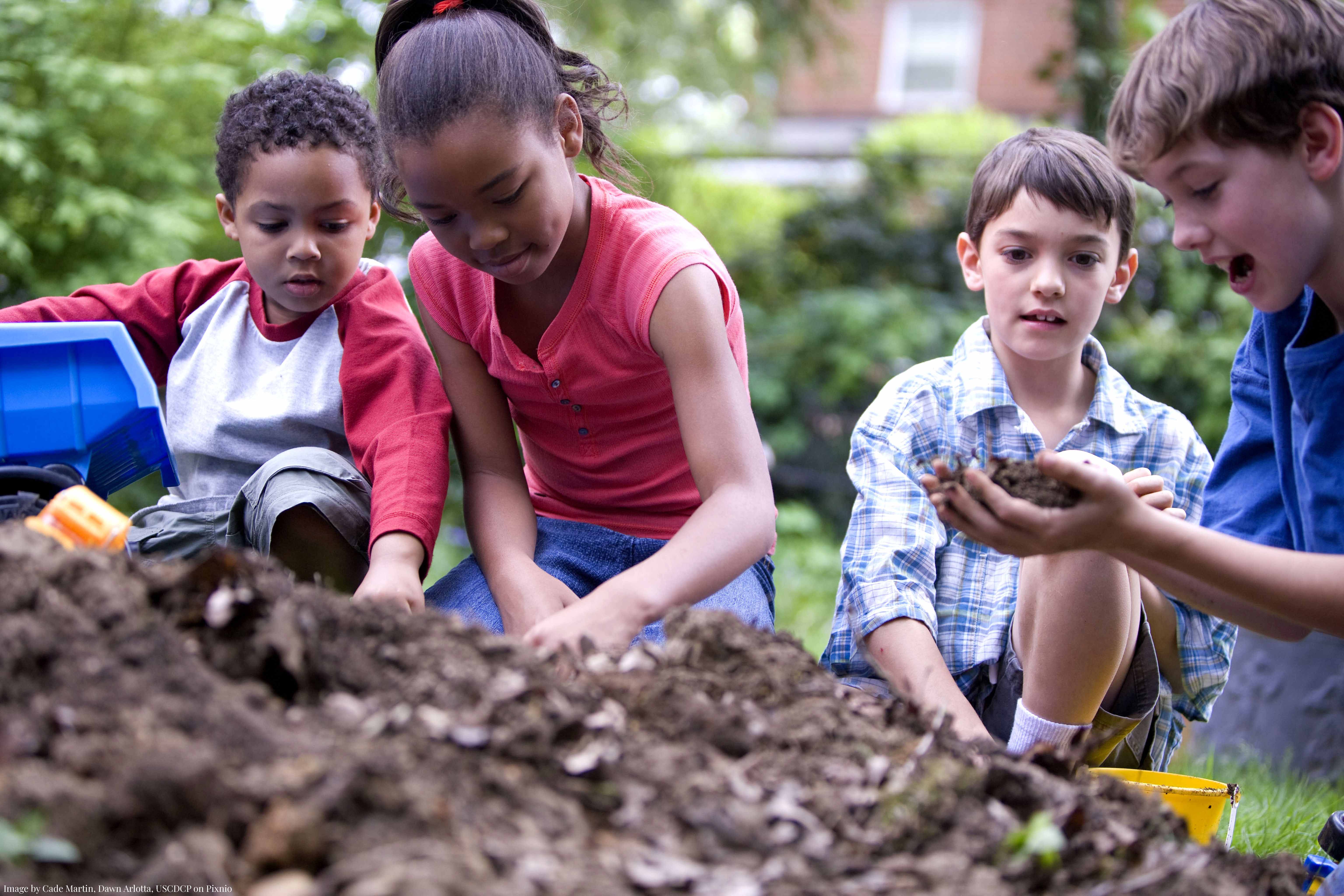May 19, 2022
Empathy: An Essential Life Skill a Child Needs to Have

I It really does take an entire village to raise a child, just like the wise saying in Africa. As educators, we are at the centre of influencing young minds, who are the future. While we take pride in our jobs, of sharing and giving knowledge, which is important, but fall short when it comes to making young minds empathetic to their surroundings. As we move ahead to centuries of evolution of Charles Darwin’s theory, we are yet to make peace with our present surroundings.
A few years back we did come up with a lot of experimentation on emphasizing life skills to children. How to deal with life, the skills required for it, etc. But even as adults we have fixed mindsets, or I would say a narrative for gender roles, ethnicity, food, etc. And somewhere down the lane, we do pass it to our children. This has become more so dangerous if we are educators. A young mind we assume to be like a sponge, absorbing everything and anything they see, hear and do. They learn from their surroundings, and people who are close to them during those days. Catch them young, the phrase that has been put to use, way too long, is so right even for skills like empathy, understanding one’s emotion and feelings, being there for others in times of distress, helping others, etc. Why are these so necessary, that we are talking, discussing and debating on it more recently than before?
...So, as educators, I believe and strongly recommend stories or inspirational talks, experiences to be a part of the curriculum, while we impart empathy to students. Children can only relate to something and be glued with this thought only when they feel it from within. Hence, get those storytelling hats for the younger ones. For the older students, experiential learning will do wonders. End of the day, it's not about how good your scores have been when you really don’t know how to relate to the sufferings of a fellow human being...
As educators, the child feeling accepted without being judged becomes a paramount achievement for his learning. Kids at school need to feel supported and listened to, since there are always two sides to any story. When they feel that they are understood, students usually open up to the teacher and her subject in a much better manner, to say the least, it’s all a circle, what goes around comes around. The trust that they receive, encourages them to stay motivated, makes them more self-aware and inspires them to advocate for themselves.
Schools are community centres, where we deal with humans unlike factories or companies. So, nurturing of young minds should happen here after it has been imprinted as toddlers at home. Children not only come to school to gain knowledge, but also learn several other skills, since we are social beings who live in a human ecosystem. We are meant to interact with others, now here comes the million-dollar question, “how do we actually interact with others?”. An article I read recently on the news was about a young 11-year-old boy who accompanies his grandmother to sell fish door to door. Out of curiosity, I dug deeper into the reading. I could relate that he felt very sad about his grandmother’s plight that she has to suffer at her age for his sister and himself for food. And his intentions of making her not suffer at all when he grows up, shows the child’s empathy towards his grandmother. He has been through, felt and seen his grandmother struggle to make ends meet and put food for them on the table. His decision of being there for his grandmother while she is selling fish is in itself a gratitude and respect towards her.
Many such incidents happen around us and as most of us believe, these are not always something that’s because of your upbringing, it can also be inculcated with such examples narrated to children. As an Indian-born, we were always in big joint families, or at least used to meet relatives for every festival, weddings and all cousins presumed to have a gala time. If I come to think of it now, these were all learnings as a child for me and my cousins, how to deal with problems, how to solve issues amicably, honing our leadership skills if you are the eldest, being there when someone was ill/hospitalized, not shouting at someone who is already upset, listening to stories from grandparents, their experiences, etc. As young children, we had our surroundings teaching us, which was the best thing, since when you deal with things you grow up to be more empathetic towards others feelings. Unfortunately, with the nuclear family concept and lesser, fewer gatherings attended by parents, or lack of time, distance, has made children lose their learnings from surroundings. Come to think of it, we can actually imply the social destruction we have been doing in the name of 21st century fast-paced lifestyle.
We understand now that there is a gap in social learning for our children, which makes us turn back to education for this. With the changing world trends, technological advances and fewer or no interactions, has left us to build this gap only at schools mainly. Hence, educating students on these skills are much more needed now than ever. Life skills have become a mandatory subject in many curriculums across the world. Coping with stress, coping with others, dealing with emotions of ourselves and others, self-realization, assertiveness, confidence building, etc. are some vital skills that are taught to students. Most curriculums are slowly drifting away from judging a child with just marks or grades and are now evaluating on scales of differential skills. This is a welcome change nevertheless; it needs to be implemented across classes and regions of the country in a manner that it imbibes in a child’s brains in an effective manner. Now how does this happen, since these are quite distinct from person to person, and we need to take care that their innate abilities are not lost either in the process. This can happen with stories narrated or shown to the child, or experienced as a small activity, or living through it.

One such inspirational incident that has made a lot of noise on the social media is of the father taking his rich son who was glued to his gadgets in the posh house to a poor village where there was no internet and had to spend the day toiling. While he spent the day with the village boys, fed the chickens, ate the hard cold food that was served after his work at the field, played some games on barefoot and hardly had any energy to move a muscle thereafter. When the father inquired with his son on his way back from the village, his answer was quite different. He felt the village boys were much happier and content with so many abundant things like the unlimited supply of flowing water by the river, many chickens while they didn’t have one, growing their own food and felt that they were far richer than him.
So, as educators, I believe and strongly recommend stories or inspirational talks, experiences to be a part of the curriculum, while we impart empathy to students. Children can only relate to something and be glued with this thought only when they feel it from within. Hence, get those storytelling hats for the younger ones. For the older students, experiential learning will do wonders. End of the day, it's not about how good your scores have been when you really don’t know how to relate to the sufferings of a fellow human being.
Hence, teaching empathy at schools is not only imperative but an essential skill be it with their peers, friends, parents, colleagues, workplace, their subordinates. It’s considered as an important skill in leaders; being an empathetic leader, rewards you with not only respect but great results as well for the company and yourself. Leaders are measured with their dealing with people skills on an empathetic scale. While being empathetic, you go down to being a good listener, which is one of the most important traits for any person. Educating students with these skills from a young age, does have an advantage towards a more peaceful nation and world.
Empathy learning goes a long way for any child, to be better friends, workers, above all a great human being. It helps them have a sense of security and build better relationships with their peers and teachers, making them ready for learning. It makes them more patient, tolerant, and acceptance of others and themselves becomes not much of a hurdle. Thus, fostering better mental health of a child, which should be the predominant thing in the future for any of us as parents and adults.
Posted in Blogs and tagged Blogs, Empathy, Life Skill
Bookmark the Permalink


